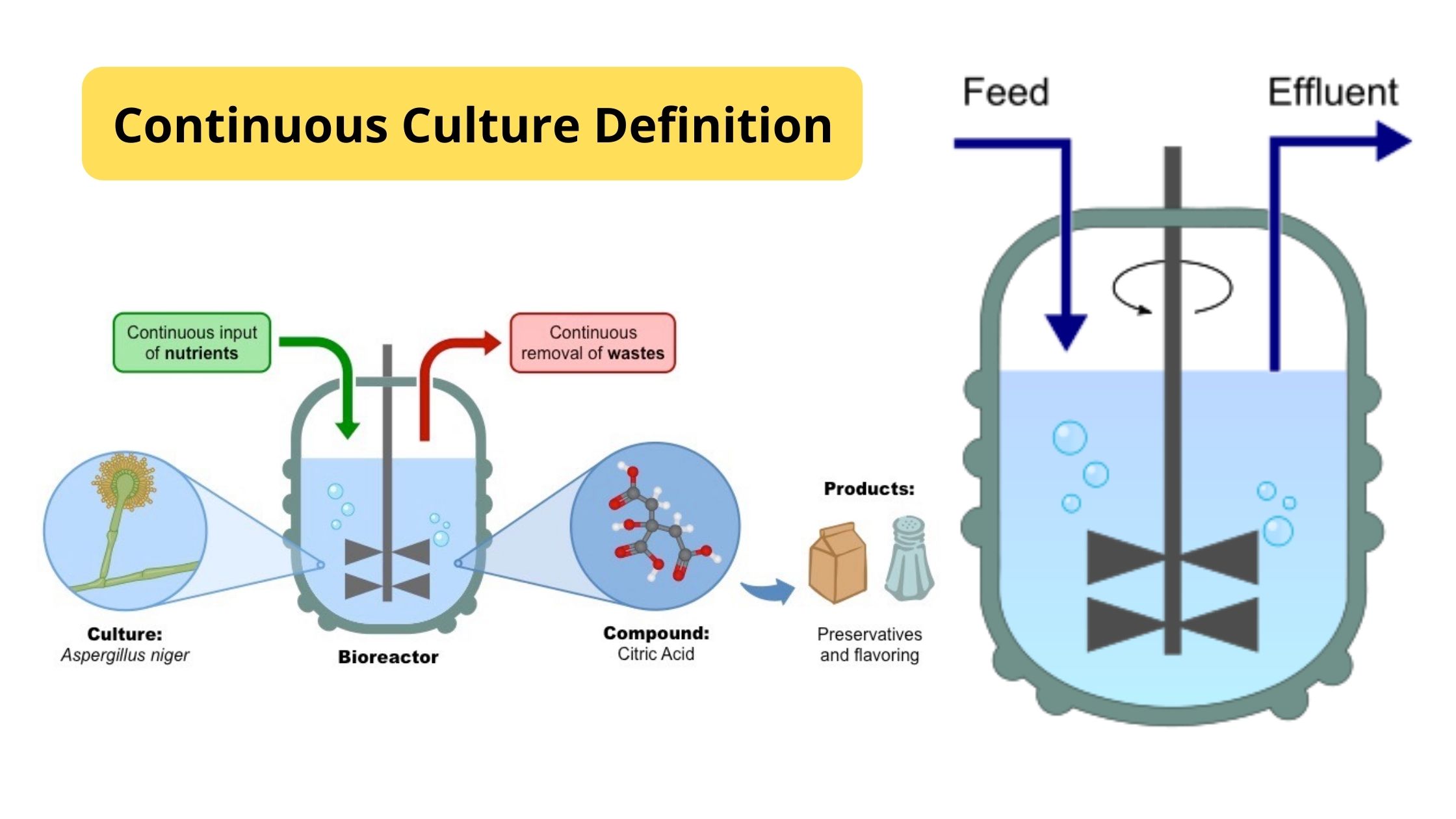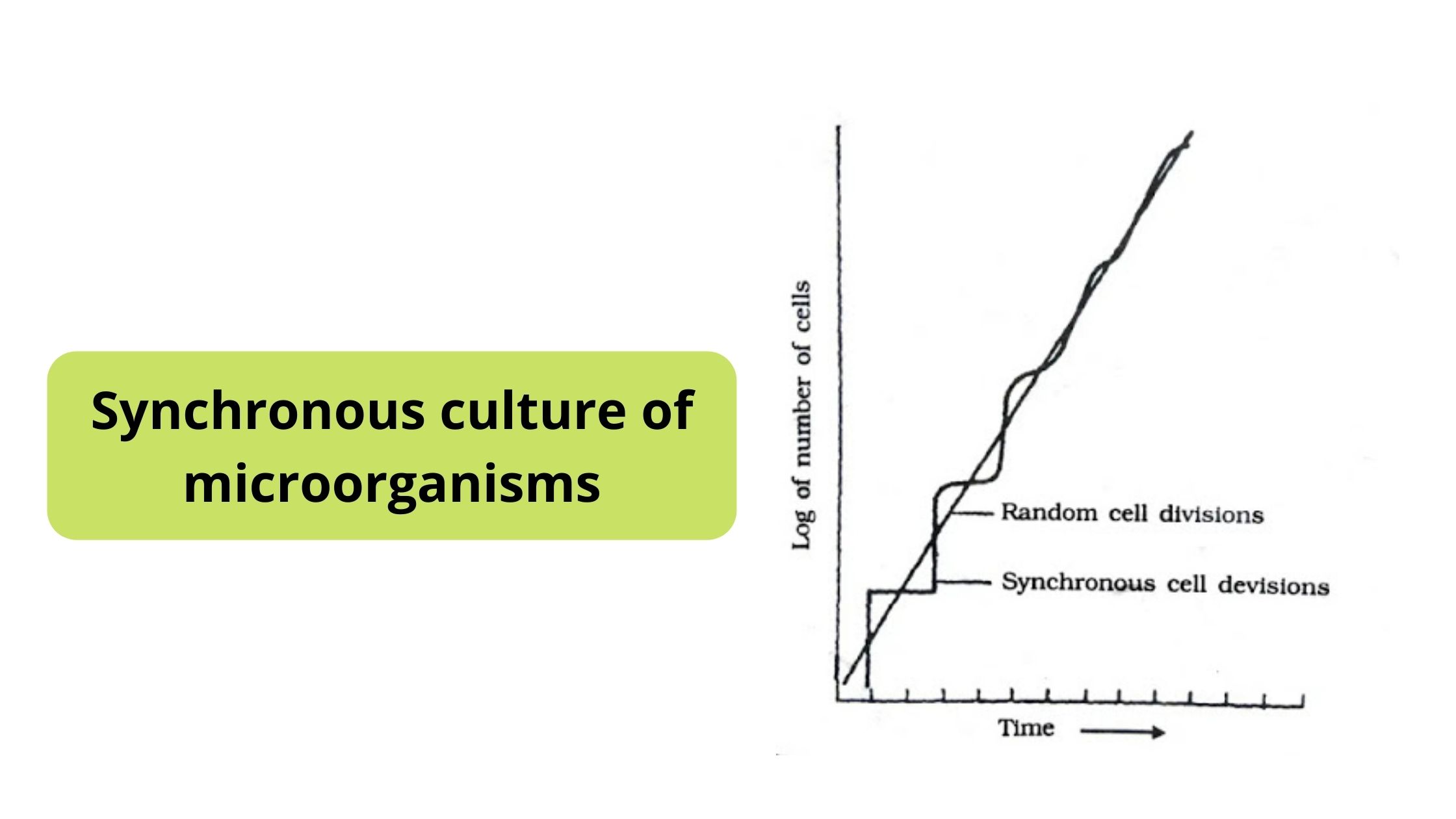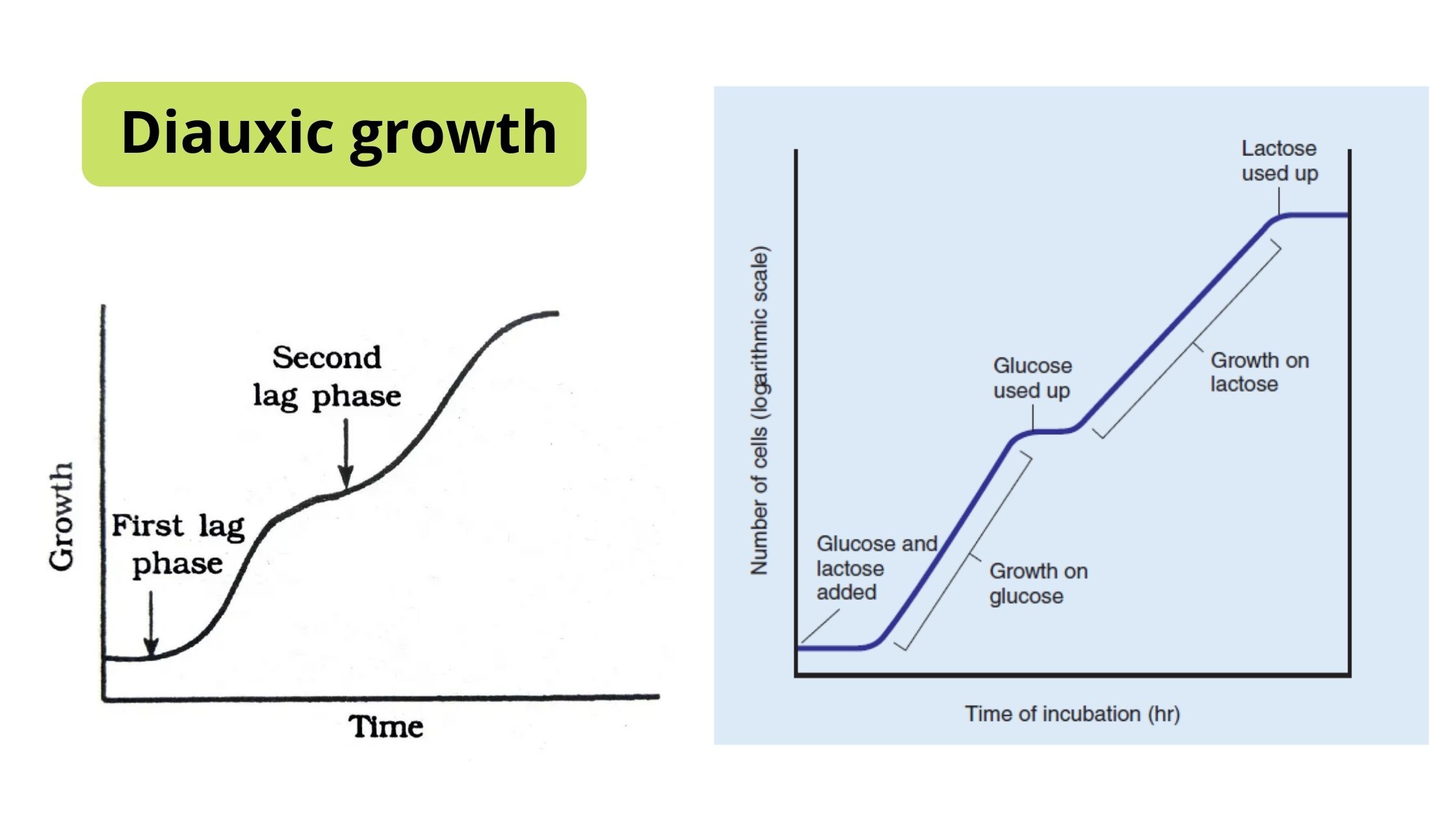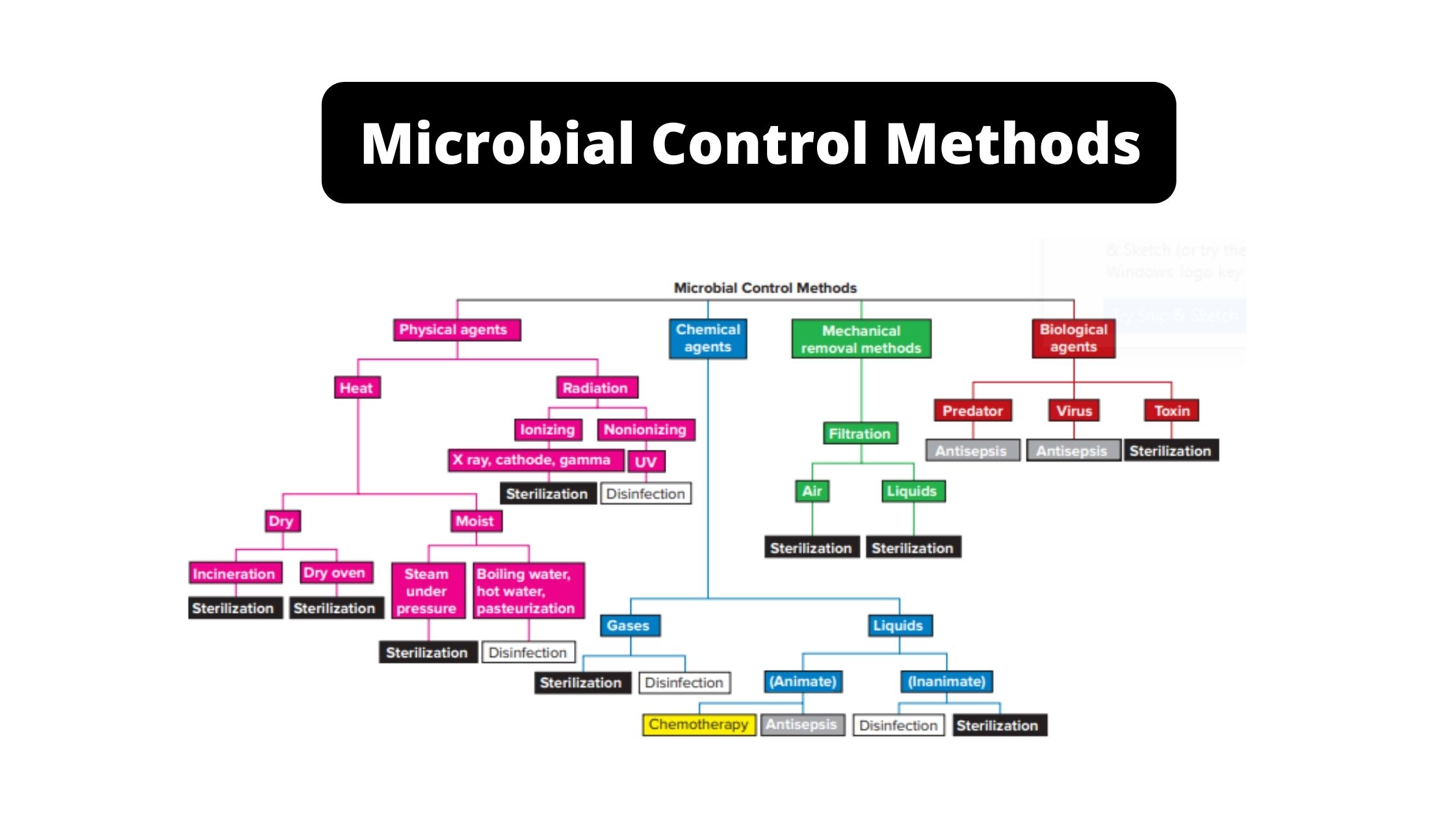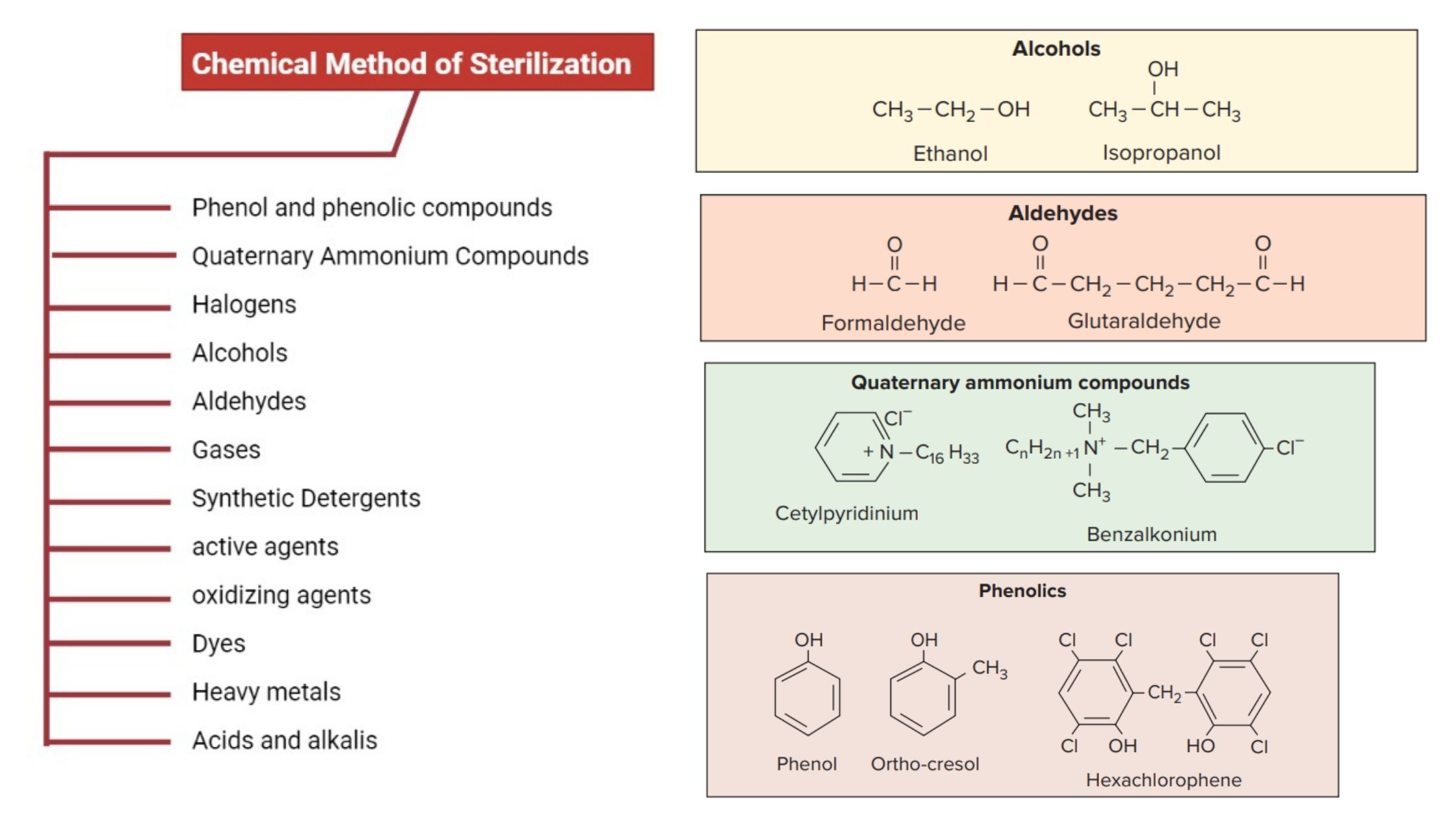Culture Medium – Definition, Preparation, Classification
The food supply upon which microorganisms thrive in laboratories is termed as a culture medium or culture media. Culture Medium Definition The nutrient preparation on or in which a culture (microorganism) is grown in the laboratory is known as culture medium or culture media. Classification of culture media/Types of Culture Medium Many special-purpose media are … Read more

